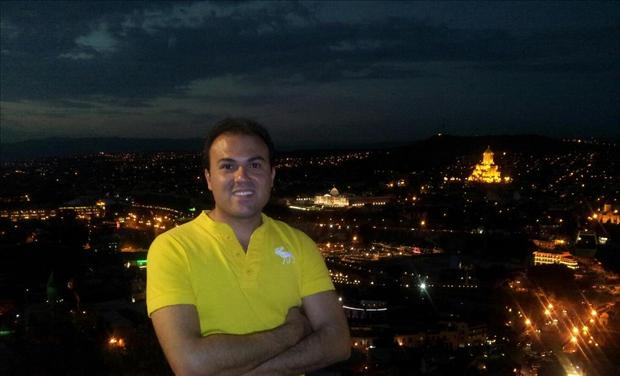US Iranian pastor jailed for faith faces death threats from IS and al Qaeda

American Iranian Pastor Saeed Abedini is facing death threats from Islamic State and al Qaeda prisoners held in the same Iranian prison where he is detained, a U.S. rights group says.
The American Center for Law and Justice said in a report that IS jihadists imprisoned in a Rajai Shahr prison ward have told other prisoners they will kill the pastor because he is a Christian and an American.
Although the IS fighters are held in a separate section of the prison ward, they have made their way to Pastor Saeed's section.
The pastor has also come face-to-face with them in the prison yard during the prisoners' one-hour exercise period.
Saeed is said to have then refused to use the one-hour exercise time and chosen to remain in his cell.
"Killing Pastor Saeed within Iran, which has publicly opposed ISIS, would provide a monumental victory for these murderous terrorists," Jordan Sekulow, the executive director of the American Center for Law and Justice said.
Al Qaeda fighters have also made new death threats against the pastor. Members of the extremist group have attempted to attack him, but he was saved by other prisoners from his ward.
'Saeed was placed on house arrest on July 2012 after the Iranian Revolutionary Guard decided that he must face criminal charges because of his Christian faith.
On September 2012, five members of the Revolutionary Guard raided Saeed's parents' home in Tehran and took him to the notorious Evin Prison.
According to reports, the ward doctor and nurse in Evin have refused to treat him whenever he is sick because, as a Christian and he was considered "unclean" and an infidel.
Because of illness he was transferred to an Iranian hospital and then taken to Rajai Shahr Prison to serve his sentence.
September 26 will mark two years since the 34-year-old Saeed was imprisoned.
On that day, thousands across the globe are scheduled to participate in worldwide prayer vigils in hundreds of cities.
Iran's foreign minister Mohammad Javad Zarif, speaking to CNN about Saeed, said, "We have various clemency measures in Iran that ... can be introduced again in these cases."